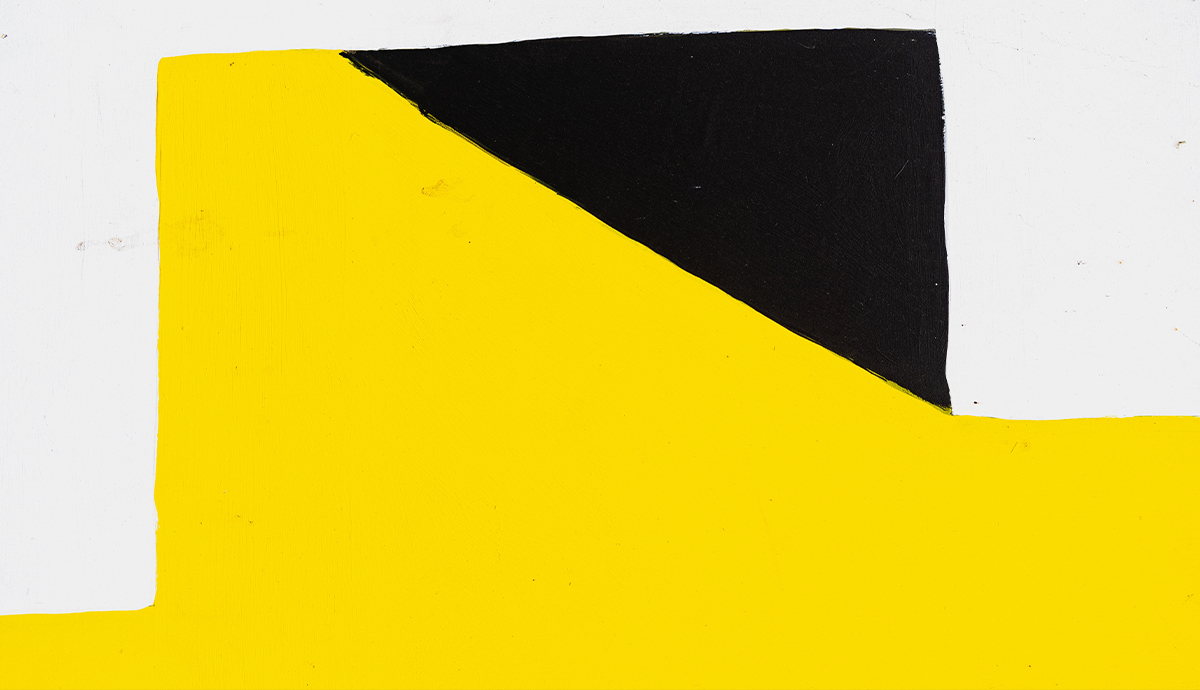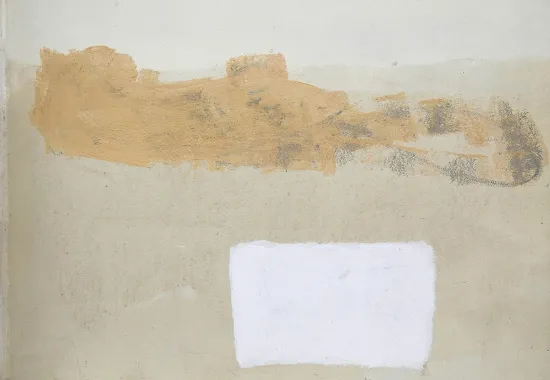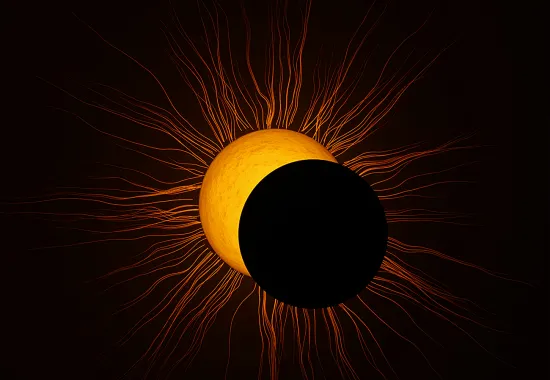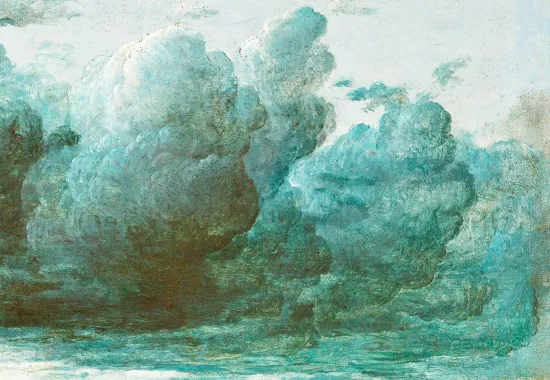“At the Monk-a-stery”: Bending the Facts to Tell the Truth from Issue 297.4
At one of the most challenging poetry readings I’ve ever done, my mother was in the audience. My mother was the challenge. She became my fact-checker, expecting that my partly- autobiographical poems should report the facts more accurately. I read a poem about a “second cousin” who died in combat early on during the War in Vietnam. “That’s not your second cousin,” Mom spoke up at the close of the poem, “He was your first cousin.” I read a poem about having been bullied by older boys in the schoolyard. “You weren’t in second grade when that happened,” Mom insisted, “You were much older.” I smiled and blushed my way through poem after poem, a young poet with his first book in hand, summarily flummoxed. A year later, still reading from the same book, someone or another in the audience invariably asked, “Did that really happen? Is it true?” I had armed myself with an answer: “Sure it’s true,” I said, “Some of it’s even fact.” I heard chuckles when I said that, but also I observed some raised eyebrows.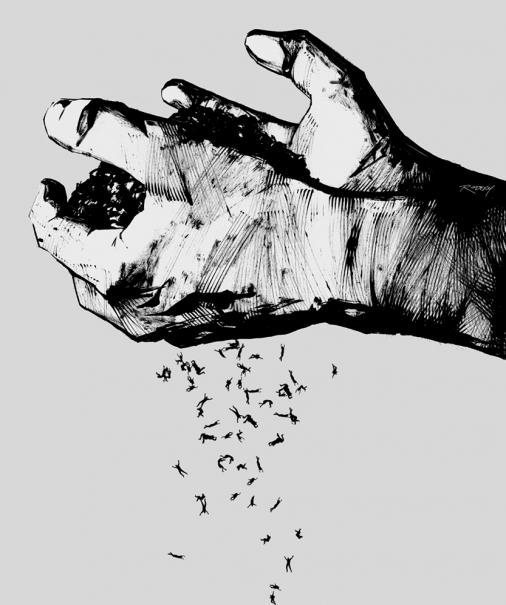
Poems can be loosey-goosey with the facts. Poems can bend the facts in service of discovering something more. My mother might have glimpsed that “something more” if only she hadn’t let the facts prevent her from suspending her disbelief long enough to let the poem reveal other possibilities. I named the dead soldier in the poem “second cousin” because he was as distant to me emotionally as the faraway land in which he perished. The wider truth of the poem said that high-schoolers like me were slowly waking to the dangers of war creeping closer and closer to home. Statistics and facts could have shown the same message through logic and reason, but the poem maneuvers toward truth through other ways of knowing. We nod gratefully to some poems for expressing complexities otherwise inexpressible by the facts.
Two years ago, I moderated an online discussion of Tony Hoagland’s thought provoking poem “America,” in which the poet quotes Marx as having said, “I was listening to the cries of the past, / When I should have been listening to the cries of the future.” One of our discussion participants asked from what source did the poet lift that quote, and I fell into the trap of fact-checking the poem. I emailed Tony Hoagland. Turns out that the poet had invented those words from Marx, and at first I was startled by that revelation. I wondered, can poets do such a thing, put words in someone else’s mouth? Is this a dangerous infidelity to the facts? After further reflection, I shivered at the eerie realization that if Marx hadn’t indeed said such a thing, history strongly suggests he should have. Moreover, the quote is in direct service to the larger truth of the poem: in American materialist culture we “float” on rivers of “bright merchandise” while conveniently shutting our ears to the cries of the future, the consequences of obsessive consumerism.
I say all the above as preface to talking about my poem “At the Monk-a-stery” which appeared in a recent issue of North American Review. While I am unnerved by readers/listeners like my mother, who expect poets to be fastidious with facts, I am equally aware that I’ve invited them to believe my lies in the first place. To further confound the issue, it’s a mark of the poem’s success when the reader is seduced by the poem’s sincerity. So, I don’t want to reveal here (or anywhere) how much “At the Monk-a-stery” is indeed factually accurate to my biography. That would spoil the poem, a bit like Dorothy glimpsing the Wizard’s artful, albeit clumsy, deception behind the curtain in Oz.
But I will say this: “At the Monk-a-stery” is included in my most recent book, How Quickly What’s Passing Goes Past (Grayson Books, 2013), a collection of poems set in middle America during the Cold War. Unlike the Beaver Cleaver myths of the 1950s, this was a decade of international fear and distrust, and these global tensions often found their way into the lives of “ordinary” people like my own family, who were only dimly aware how they’d been influenced. Add to this the fact that I grew up in north central Wisconsin, home ground to the notorious purveyor of Commie paranoia, Senator Joe McCarthy. It wasn’t easy to hear the news of the world back then. We had no television until 1957, and then only one channel. We were educated by hearsay, by rumor, and by nuclear apocalyptic fears. In my hometown, the Catholics and Protestants still stood resolutely apart. So, too, was the town divided by class, mill owners and mill workers. Any ethnicity other than Caucasian, or any stranger from the “outside” was surveyed with suspicion and dread. A monastery of bearded men in robes and sandals who cloistered themselves away from the rest of us – this offered our town fodder for never-ending rumors and paranoia.
Now that I’m decades beyond having first set foot in that monastery, I’m amused to re-evaluate for myself that mythical day when we had simply hiked the railroad tracks out of town in search of something to do. Our canteens empty, we boldly walked through the gates and innocently knocked on the big rough-hewn doors of what looked to us like a storybook bastille, to ask for water. The monks must surely have felt the deep distrust of their neighbors, so they must also have been plenty bemused by the audacity of thirsty wide-eyed kids who’d come knocking.
Coming of age is the process of coming to terms with the world on your own, beyond however you’ve been programmed to believe it must be. I left the monastery that day with a full canteen and a little smile inside after having glimpsed the truth beyond the rumors and fears of my small town. That’s the truth of the poem. Some of it is even fact.
Lowell Jaeger teaches creative writing at Flathead Valley Community College in Kalispell, Montana. He is author of five collections of poems: War On War (Utah State University Press, 1988), Hope Against Hope (Utah State University Press, 1990), Suddenly Out of a Long Sleep (Arctos Press, 2009), WE (Main Street Rag Publishing, 2010), and How Quickly What's Passing Goes Past (Grayson Books, 2013). He is founding editor of Many Voices Press and recently edited New Poets of the American West, an anthology of poets from western states. Jaeger was last featured in the Fall 2012 issue.
Clay Rodery is North American Review's featured artist in today's post. He is an illustrator who lives and works in Houston, Texas, just down the road from NASA Mission Control (which accounts for a lot). Rodery will be featured in the Spring 2014 issue.
Recommended
Mercy
Eclipsing
Psychic Numbing


